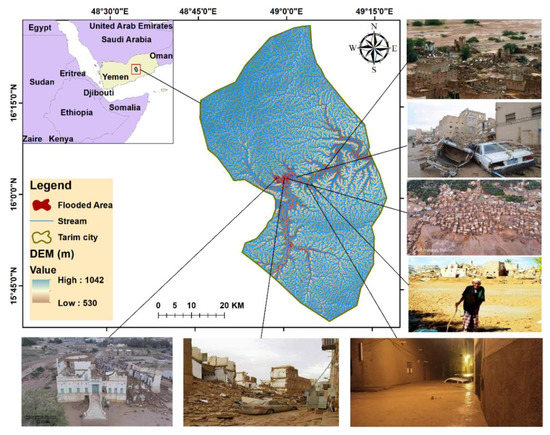Assessment of the Land Sector in Yemen
The document titled “Assessment of the Land Sector in Yemen: Background Paper” provides a detailed examination of Yemen’s land sector, focusing on its governance, management, and the challenges it faces. The assessment highlights the critical importance of effective land administration for sustainable development in Yemen, particularly in light of ongoing conflicts and socio-economic challenges.
Overview of Land Tenure and Administration
Yemen’s land tenure system is complex, characterized by various types of ownership and usage rights. The primary forms of land tenure include:
- Private Land: Owned by individuals or entities, making up a significant portion of agricultural land.
- State Land: Owned by the government, which includes a variety of uses.
- Religious Endowment Land (Waqf): Donated for religious purposes, constituting about 10-15% of agricultural land.
- Communal Land: Managed by local communities under customary law, though the state claims ultimate ownership.
The assessment notes that approximately 82% of agricultural land is owner-cultivated, reflecting a strong preference for private ownership. However, the lack of formal documentation and registration complicates land rights and can lead to disputes.
Challenges in Land Governance
1. Inadequate Land Registration System
The current land registration system in Yemen is inefficient and often incomplete. Many land transactions occur informally without proper documentation, leading to disputes and insecurity in land tenure. This situation is exacerbated by the absence of a comprehensive digital land information system that could facilitate better governance.
2. Land Disputes
Land disputes are common due to unclear ownership rights and inadequate legal frameworks for resolving conflicts. The document emphasizes that disputes can escalate quickly due to the symbolic and economic significance of land in Yemeni society. The lack of a speedy adjudication process further complicates these issues.
3. Impact of Conflict
Ongoing conflict has severely impacted the land sector, leading to displacement and increased competition for resources. Internally displaced persons (IDPs) often face challenges related to housing, land, and property rights (HLP), including forced evictions and tenure insecurity.
Recommendations for Improvement
To address these challenges, the document proposes several recommendations aimed at enhancing land governance:
- Strengthening Land Registration: Establishing a more robust and transparent land registration system is crucial for securing property rights and reducing disputes.
- Capacity Building: Training judges and officials on land dispute resolution can improve the efficiency of legal processes related to land issues.
- Community Engagement: Involving local communities in land management decisions can help align policies with local needs and customs.
- Policy Development: Formulating comprehensive land policies that consider current socio-economic conditions is essential for sustainable development.
- Digital Solutions: Implementing digital tools for land management can enhance data accessibility and improve governance.
Conclusion
The assessment underscores the need for urgent reforms in Yemen’s land sector to promote stability and sustainable development. Effective land governance is vital not only for economic recovery but also for social cohesion in a country facing numerous challenges. By addressing issues related to tenure security, dispute resolution, and environmental sustainability, Yemen can create a more resilient framework for managing its valuable land resources. The recommendations provided aim to guide stakeholders towards implementing necessary changes that will benefit both individuals and communities across the nation.

Further reading: Development of sustainability requirements for public housing construction in Germany in the sense of a model effect of the federal government
[PDF] Impact of Land Tenure and Other Socioeconomic Factors on … biodiversitylinks
[PDF] YEMEN LAND SECTOR ASSESSMENT arablandinitiative.gltn
